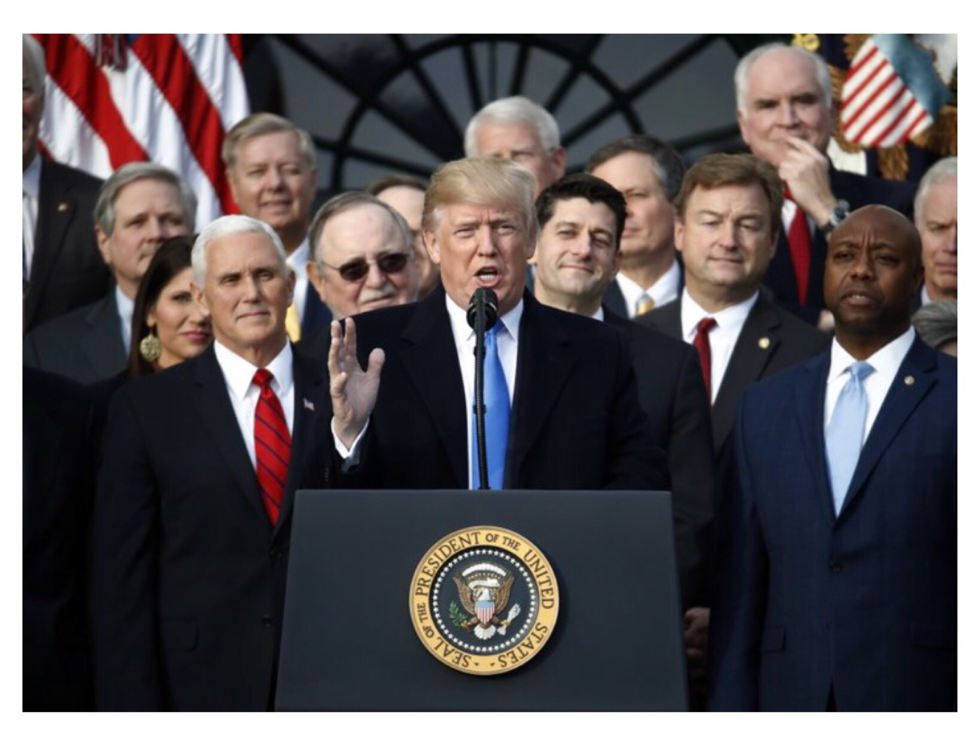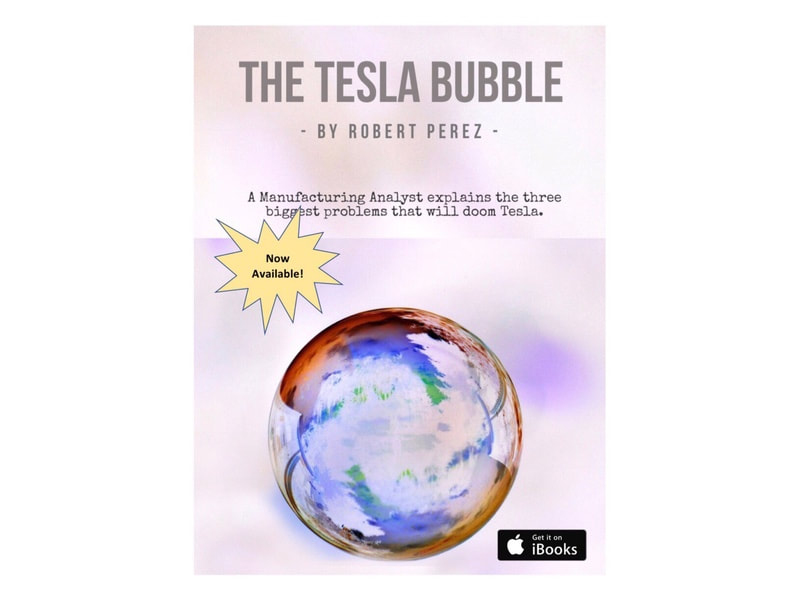- They may not have enough money. If they will need more money than they have readily available, they will need to start working on the lowest-cost financing that they can get. And just like buying an airline ticket before Christmas, the longer you wait, the harder it is to get a good deal.
- They may have too much money. If they will have more money than they need, they need to wisely invest it somewhere so that they make more than paltry bank interest.
Point #2 is the salient one today. That’s because corporations don’t like to let money accumulate in the bank for no good reason. Why would anyone accept a 2% return on their money when they could get 30 or 40% elsewhere? Liberal Democrats are all making the convenient assumption that corporations and rich individuals like to let banks use their money for almost free. Nothing could be further from the truth. They didn’t get to their successful position by doing nothing. They took risks and invested their time and money into worthy projects.
Most corporations are full of production managers and engineers who have all manner of ideas on how they could cut costs if they only had the money to do it. New production equipment, more forklifts, building enhancements like better lighting, etc. The ideas go on and on. And it’s not just the manufacturing side. The sales group would often like to expand their product lines. But that also takes lots of money.
Not every good idea can be invested in. So, it’s always incumbent on the finance group to vet the ideas and rank them in descending order with the highest-return ideas at the top. Many good investment proposals go unfunded for lack of capital.
Any spike in cash above what is needed to run the business will generally go more towards funding these investment ideas. It’s much better for the corporation to earn 20%+ on their money as opposed to letting the bank sit on their money for free. A climate where many companies are simultaneously increasing their spending on machinery and equipment will lead to those suppliers having to hire more people. This is good news for the common man.
Economists who try to make the argument that corporate tax cuts in the past haven’t led to job gains are only being half truthful. That’s because we haven’t had a corporate tax cut of this magnitude in many decades. For Paul Krugman to say that this tax cut won’t make a difference because it didn’t work in the past would be like saying your 50% salary increase this year won’t make a difference because your 3% raise last year didn’t change your lifestyle. Size matters and this tax bill is a big deal. Tax cuts in recent history were heavier on the individual side and lighter on the corporate side. I don’t think it’s overkill to say that this bill is revolutionizing our corporate tax structure.
There’s another odd argument posed by liberal economists to knock this tax bill. They say that this bill will have little impact on jobs because corporations already have an effective tax rate of close to 21%. This is a dangerous argument for liberals to make because it undercuts Chuck Schumer and Nancy Pelosi’s argument that Donald Trump is trying to give a huge cash windfall to corporations. Either Republicans are giving corporations a big fat tax cut or they’re simply codifying the effective tax rate where it should be. It can’t be both so one of them is obviously wrong.
But even if the tax cut was only smoke and mirrors and not a net tax cut, it would still be a great help to corporations because it reduces uncertainty and levels the playing field. When I’m doing a financial model for return on investment, I have to use a conservative estimate for tax rates that is higher than what we’ll probably pay. Why? Because I can’t assume we’ll be getting big deductions every year. Also, not every corporation can bank on big deductions. Reducing reliance on tax loop holes is good for competition, resulting in lower prices.
Also, everyone mocking these corporate tax cuts forgets one major point. Corporations don’t really pay taxes. Their customers do. Corporate tax cuts or hikes flow directly to average Americans. If taxes go up, prices go up. If taxes go down, prices can go down. If all corporations in an industry all of a sudden have a few more points in margin, there will always be one entity which will try to steal market share by lowering price. This sets off a chain reaction of other companies following suit to protect their turf. The customer gets the benefit.
What will happen after the Trump tax cuts will be a combination of price cuts and investment in machinery and equipment. No one is really sure which of these two will be the bigger piece or if they’ll happen equally. Economists who say that there will be a huge upswing in hiring are modeling a bigger piece going to investment in equipment. Economists like Paul Krugman, who say that there won’t be a big impact on jobs, are constructing a model where the excess cash goes more towards price cuts. It’s a win-win scenario for the average American.
Whether companies invest in machinery or lower prices, both outcomes are beneficial to consumers and not a “corporate giveaway”. As much as Paul Krugman tries to minimize any credit to President Trump, these are both outcomes that everyone will love.
Now available in iBooks —> The Tesla Bubble




 RSS Feed
RSS Feed